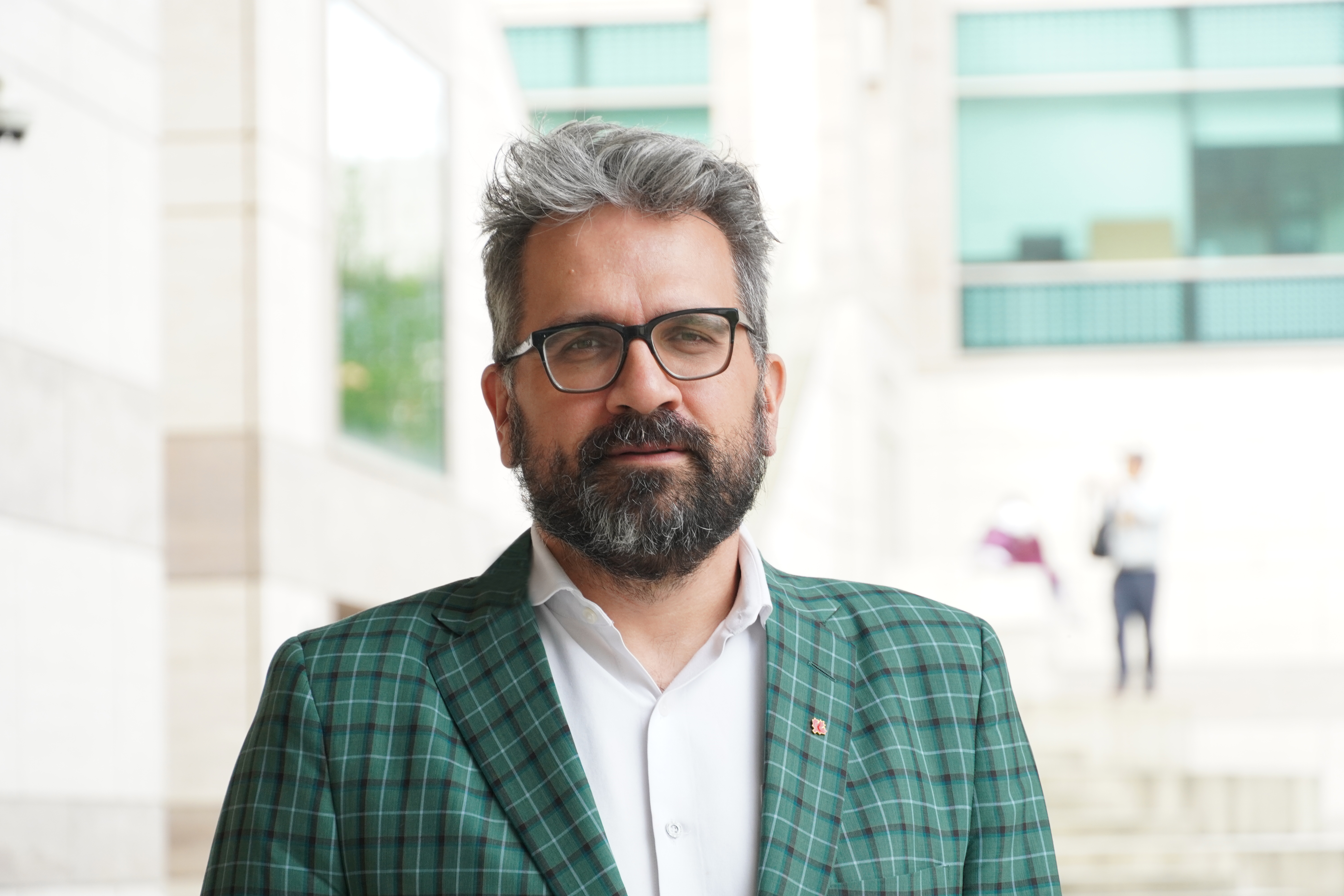Keynote Speakers
Nevan Krogan
Nevan Krogan (University of California San Francisco. US)
Host Factor Targeted Drug Discovery for SARS-CoV-2 Through an International Collaboration
The novel coronavirus SARS-CoV-2, the causative agent of COVID-19 respiratory disease is evolving during the current pandemic. New variants show enhanced replication and the potential to evade therapeutic antibodies. In the near future, variants may even evade first generation vaccines. The currently approved direct acting antiviral remdesivir targets the viral RNA-dependent RNA polymerase which is subject to rapid evolution as it is encoded by the viral RNA genome. In order to develop therapeutic approaches which act in a pan-coronavirus manner we and our colleagues at the QBI Coronavirus Research Group (QCRG) have mapped the human proteins (host factors) which multiple Coronaviruses rely on for replication. Through a rapid drug repurposing effort we have identified zotatifin, a clinical eIF4A inhibitor as a host factor targeted therapeutic. Zotatifin which is based on the natural product rocaglamide A works as a molecular glue to trap eIF4A on its target, the (+) RNA viral genome. Other examples of targeting essential host factors, including those for immune evasion will be discussed.

Marnix H. Medema
Marnix H. Medema (Wageningen University, NL)
Computational omics of plant and microbial biosynthetic diversity: from natural product discovery to microbiome ecology
Plants, fungi and bacteria produce a wealth of specialized metabolites, which are of great importance from both ecological and clinical perspectives. Due to the accelerated accumulation of omics data, computational methods have become more and more important to identify these molecules and to assess their biological activities. Here, I will highlight the work performed in my research group on using these approaches to accelerate natural product discovery, as well as to study microbe-microbe and host-microbe interactions in human, plant and animal microbiomes. Specifically, I will discuss the use of computational approaches to investigate biosynthetic diversity across large numbers of genomes, and integrative genome/transcriptome/metabolome mining to associate gene clusters to molecules and ecological functions in order to elucidate the molecular basis of microbiome-associated phenotypes.


